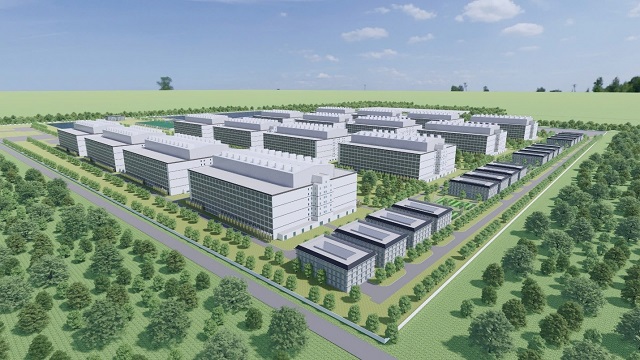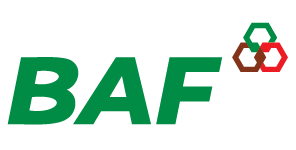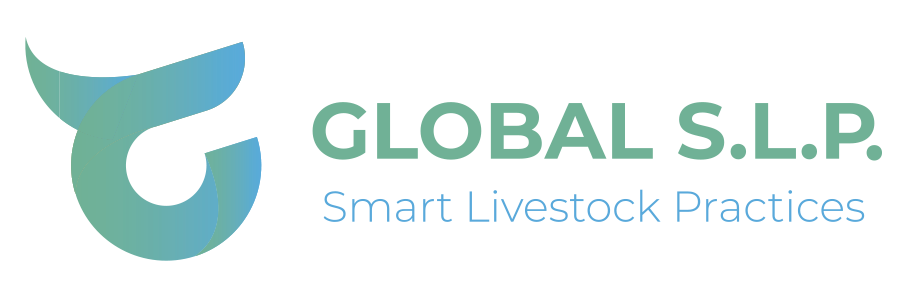(Vietstock.vn) Resolution No. 68-NQ/TW, which outlines institutional reforms and improvements to the business environment, is expected to catalyze private enterprises to innovate and make bold breakthroughs—living up to their role as “the most important driver of the national economy” in this era of national resurgence. This includes sectors such as livestock farming.
Unlocking Acceleration for Private Enterprises
Livestock farming is one of the three main pillars of Vietnam’s agricultural sector, with an increasing contribution to the country’s overall agriculture GDP. In 2024, livestock accounted for approximately 26% of total agricultural GDP. Vietnamese consumers are estimated to consume around 8.1 million tons of pork annually, ranking fourth in the world in pork consumption, while the industry also employs millions. The development of this sector drives growth across a wide range of supporting industries, including animal feed, veterinary services, food processing, and logistics—helping to complete the agricultural value chain.
However, data from 2022–2023 show that FDI enterprises dominate approximately 43% of the pork supply, while domestic businesses hold only 19%. In the industrial animal feed segment, FDI enterprises account for over 60% of the total output.
In this context, Resolution 68/NQ-CP—which aims to reform mechanisms and policies to support private sector growth—acts as a “regulatory breakthrough”, focusing on core challenges faced by domestic businesses: simplifying investment procedures, removing administrative bottlenecks, improving access to resources, and creating a fair and competitive business environment.
Taking his own company as an example, Mr. Trương Sỹ Bá – Chairman of the Board of Directors at BAF Vietnam Agriculture JSC (HOSE: BAF) shared that in the past, it could take up to three years to build a new farm. Thanks to Resolution 68, this timeframe could now be reduced to just one year, greatly accelerating expansion and herd development.
This demonstrates that once barriers are removed, Vietnamese enterprises—equipped with strong foundations and ambition—can thrive and compete head-on with foreign-invested companies. The resolution not only paves the way for domestic businesses to “scale up,” but also plays a crucial role in rebalancing the market share in the livestock sector, driving fairer and more sustainable economic growth for Vietnam.
Laying the Groundwork for Major Goals
At this year’s Annual General Meeting, BAF announced its strategic shift: starting from 2025, the company will dedicate its entire revenue structure to livestock operations, targeting 450,000 sows and 10 million commercial pigs by 2030. In tandem, BAF has set priorities including strengthening biosecurity, tackling environmental challenges, optimizing production costs, and ensuring a stable supply of clean pork for consumers. With a more transparent regulatory environment and policies that encourage innovation — the key challenge for businesses now lies in turning these opportunities into concrete results.
According to the Chairman of BAF, one of the company’s most critical recent moves has been to closely collaborate with the International Finance Corporation (IFC) and Muyuan Group to adopt international livestock standards and apply advanced technologies aligned with environmental protection. Notably, BAF has implemented four-layer air filtration technology, capable of blocking viruses. Additionally, waste from pig farming is treated and collected so that no odor is released into the environment. For example, a farm with 5,000 sows and 60,000 pigs, totaling around VND 500 billion in investment, dedicates nearly VND 50 billion solely to wastewater treatment systems.
Sharing further about the multi-story pig farming project, Mr. Ba noted that on June 29, the Tay Ninh Provincial People’s Committee officially approved the investment policy for a High-Tech Multi-Story Livestock Complex consisting of four projects: two multi-story pig farms with air filtration and odor control technology (Tay Ninh 1 and 2), a livestock feed factory, and a slaughtering and pork processing plant. Following approval, BAF is continuing to work with provincial authorities, the Ministry of Agriculture, and the Ministry of Environment to complete procedures related to Environmental Impact Assessments (EIA) and land-use planning, in order to meet the construction conditions. Currently, BAF has all the necessary resources ready to implement the project.

Perspective of BAF’s High-Tech Multi-Storey Pig Farming Complex Project Approved for Investment Policy by Tay Ninh Province
In addition, BAF’s entire Feed – Farm – Food livestock value chain adheres to international standards; it has been independently assessed and certified by globally recognized organizations. From day one, BAF has been steadfast in its investment in building a complete farming chain—an approach that enables the company to optimize long-term business costs. Currently, BAF is self-sufficient in animal feed supply (which accounts for about 60% of pig farming cost), and it protects its herds through stringent biosecurity solutions. At the same time, having a self-operated value chain allows the company to control the quality of both input materials and finished products before delivering meat to consumers.
Additional Information:
BAF is currently one of the leading livestock companies listed on the stock exchange (HOSE: BAF). In May alone, BAF reported sales of 74,000 pigs, generating VND 550 billion in revenue. Cumulatively for April and May 2025, the company sold 134,000 pigs, earning approximately VND 1 trillion—nearly equal to the total revenue for the entire year 2023.
Also in May, BAF Vietnam signed a strategic cooperation program with the Ministry of Agriculture and Environment to jointly implement scientific and technological applications aimed at promoting the circular economy in modern livestock farming. This activity was part of the Conference on the Implementation Plan of Resolution No. 57-NQ/TW by the Politburo regarding the development of science, technology, innovation, and national digital transformation.
– 09:45 18/07/2025



